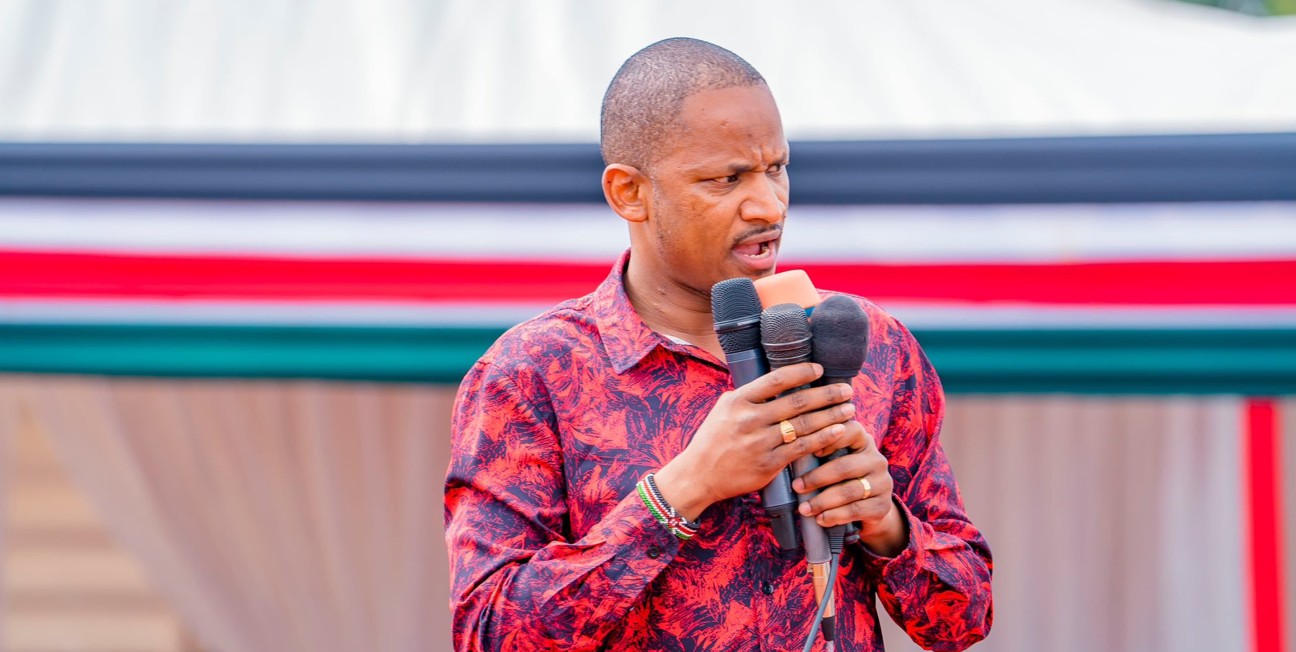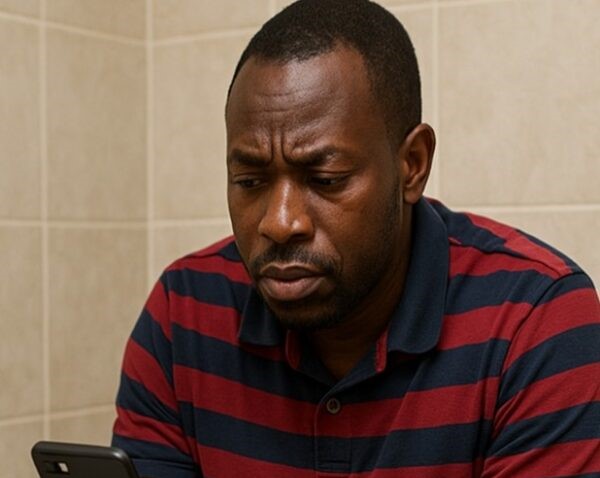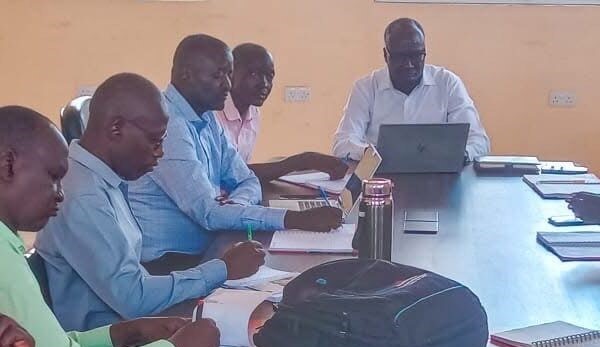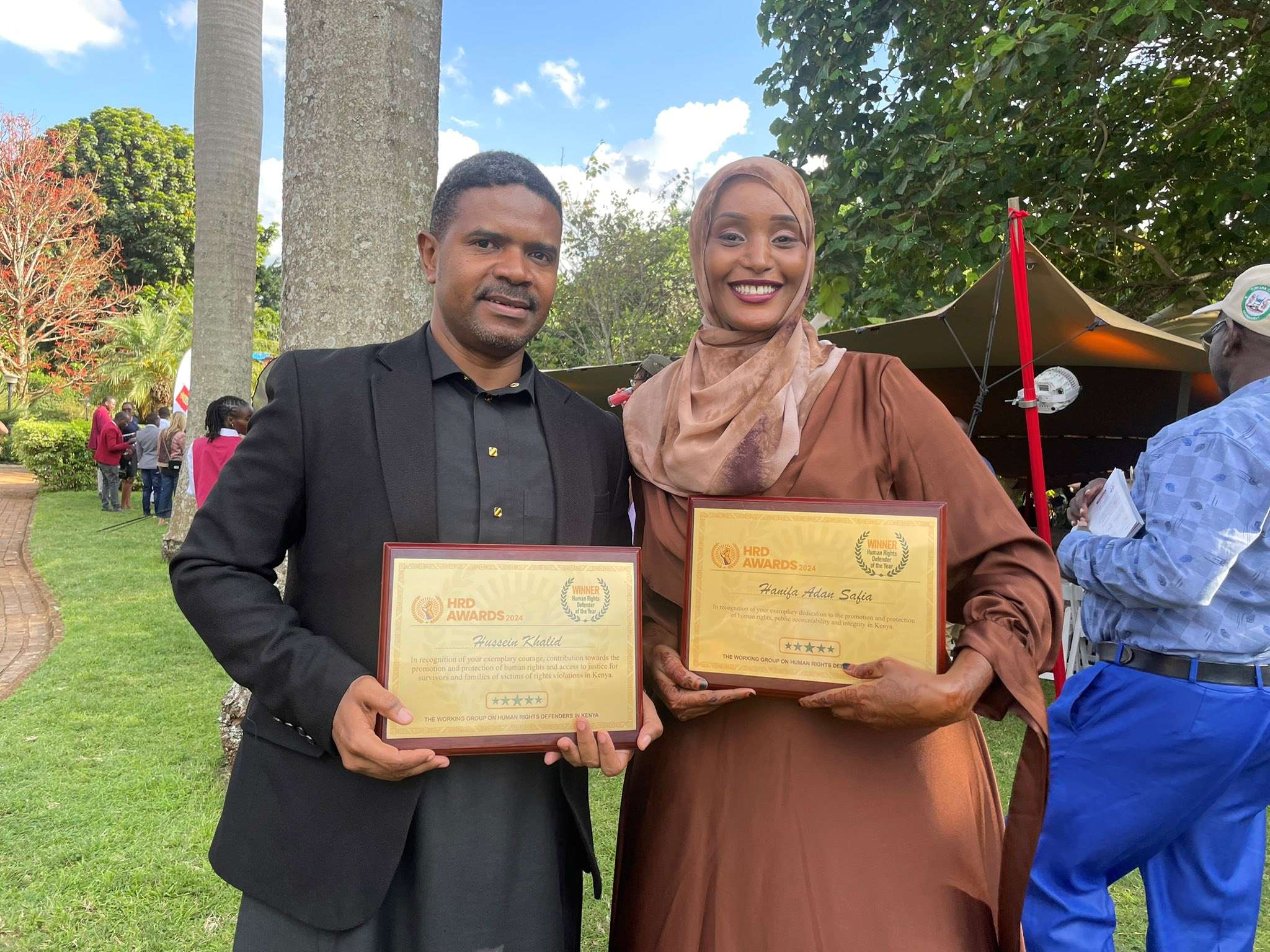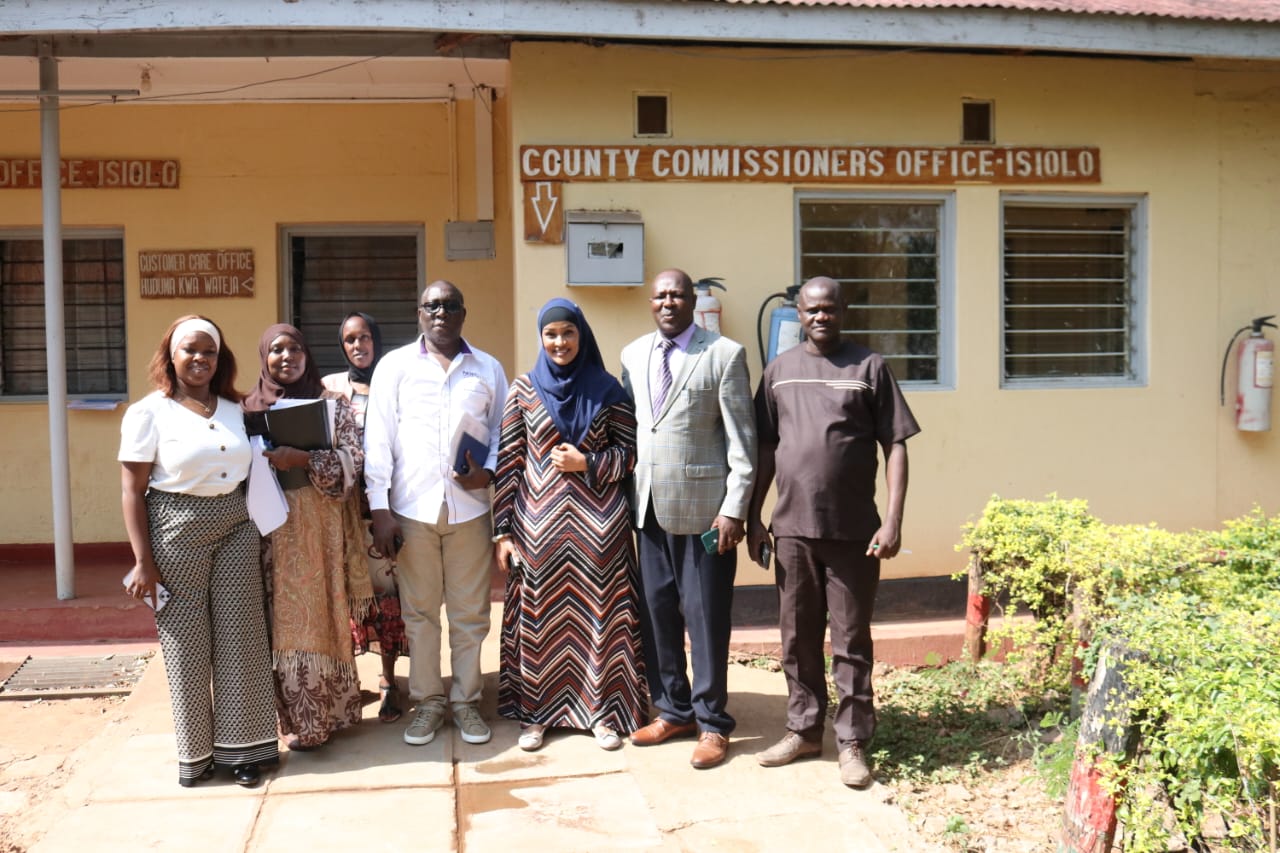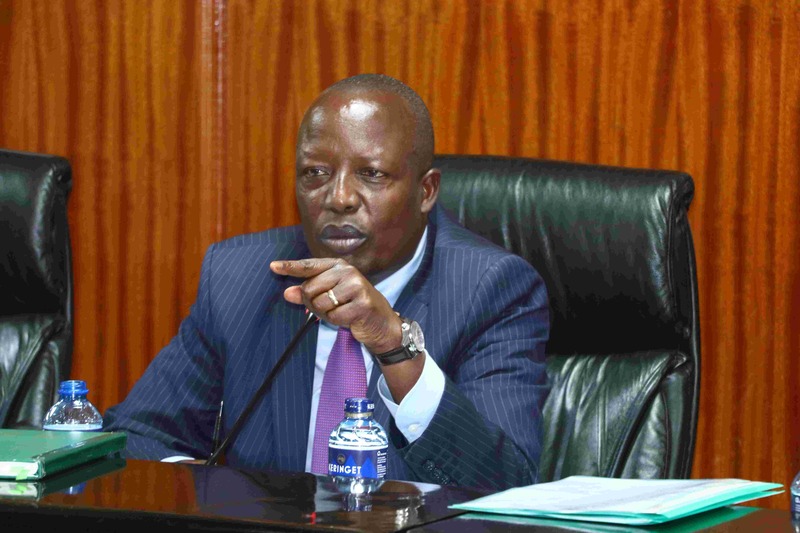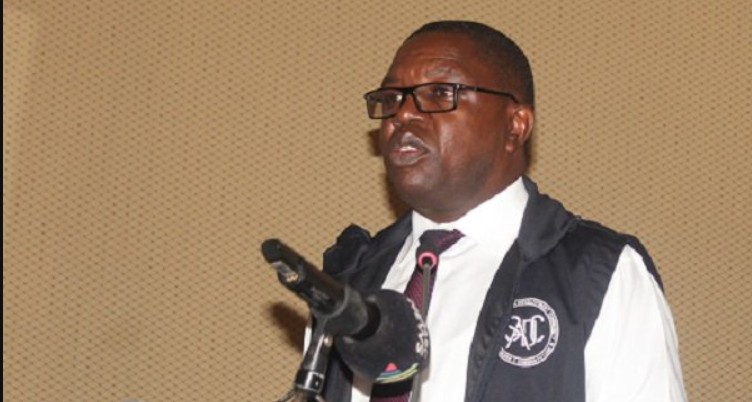Avoid last-minute poll law changes, Judiciary warns Parliament ahead of 2027 elections
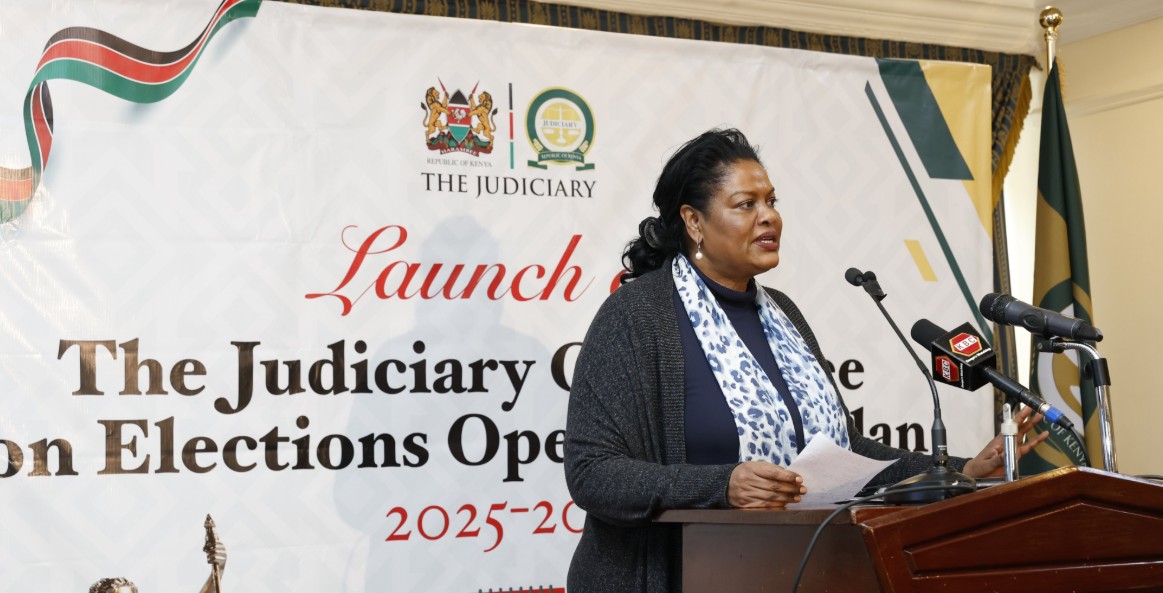
Justice Ndung'u warned that signs of political tension are already emerging on social media, where possible electoral offences such as hate speech and early campaigns are becoming evident.
The Judiciary has urged Parliament to avoid last-minute electoral law changes, warning that rushed reforms in the past have hindered electoral justice.
Supreme Court Judge Njoki Ndung’u said legislative reforms are important but must be enacted early to give courts enough time to prepare for resolving electoral disputes.
More To Read
- Kenya School of Law sets October 31 deadline for training applications
- CJ Martha Koome hails 2010 Constitution as transformative, cites gains and challenges 15 years on
- JSC reveals 946 petitions against judges processed, 210 judicial staff dismissed
- IG Kanja appeals for more resources to strengthen National Police Service
- CJ Martha Koome pushes back against criticism over parliamentary interference
- CJ Koome roots for AJS to resolve long running land disputes in Mombasa
“I just wanted to plead with Parliament that the timing of legislative changes is critical—whether it is to change the Constitution or statute,” Justice Ndung’u said.
“Please, we plead that these changes are done well on time, as they impact the training and preparedness of judicial officers.”
Ndung’u made the remarks on Monday in Nairobi during the launch of the Judiciary Committee on Elections Operational Plan 2025–2029.
Stop trend
Looking back, she noted that in 2013, key legislative changes were made just two months before the election, in 2017, three months prior, and a similar pattern was repeated in 2022 — a trend she said must stop.
She also warned that signs of political tension are already emerging on social media, where possible electoral offences such as hate speech and early campaigns are becoming evident.
“The election processes towards 2027 have already begun. IEBC is doing its work, registration of voters is ongoing, the Executive is issuing IDs, and social media is giving us a window into potential electoral offences,” she said.
Ndung’u noted that judicial officers are part of society and can see unfolding developments, as she thanked stakeholders for her appointment to chair the JCE and pledged continuity in its work.
“To our external partners, it’s time for all hands on deck. Each of us has a role to play in electoral justice. As you may know, judicial officers speak through their decisions. The Judiciary will work to defend its independence vigorously, and any interference will be resisted,” she said.
Electoral disputes
Chief Justice Martha Koome reaffirmed the Judiciary’s readiness to handle electoral disputes in the upcoming General Election.
“Let me affirm that the Judiciary stands ready and fully committed to adjudicating electoral disputes with fairness, efficiency, independence, and integrity,” she said.
Koome said the Judiciary remains committed to strengthening the architecture of electoral justice, adding that the new operational plan is a roadmap for 2027 and beyond.
“This Plan serves not only as a roadmap for our preparations towards the 2027 General Elections but also as a blueprint for how the Judiciary will continue to defend the integrity of the electoral process and foster public confidence in judicial adjudication,” Koome said.
The CJ also highlighted challenges faced during the 2022 electoral dispute resolution (EDR) cycle, especially inadequate resources that limited training and logistical support.
“We must draw lessons from this experience and commence early resource mobilisation efforts to ensure we are fully prepared and well-resourced to meet the demands of the 2027 EDR cycle,” she said.
New complexities
Koome noted that each election cycle brings new complexities, including misinformation, digital threats and technological shifts, making forward-looking planning essential.
“Electoral justice is a shared responsibility. Only through sustained collaboration can we achieve a peaceful process that upholds the constitutional vision of free, fair, and credible elections,” she added.
She called on partners like LSK, IEBC and development agencies to work closely with the Judiciary to safeguard electoral credibility.
Chief Registrar of the Judiciary Winfridah Mokaya echoed this commitment, saying the Plan reflects a proactive Judiciary that is “not reactive but anticipatory, deliberately planning, innovating and investing in institutional excellence.”
Outgoing JCE chair, Supreme Court Judge Mohamed Ibrahim, said the Operational Plan was developed through deep reflection, consultation and foresight.
“Drawing on the experiences of past election cycles and insights gained during post-EDR debrief sessions, we identified gaps in both process and structure. This Plan is intended to anticipate obstacles, strengthen preparedness, and enhance overall effectiveness,” he said.
Justice Ibrahim said the Judiciary’s standing across the continent as a dependable electoral arbiter began with the establishment of the Judiciary Working Committee on Election Preparations in 2012, which later became the permanent JCE.
Koome thanked him for his service, saying the transition to Justice Ndung’u marks both “continuity and renewal” in the Judiciary’s democracy-support role.
Top Stories Today



